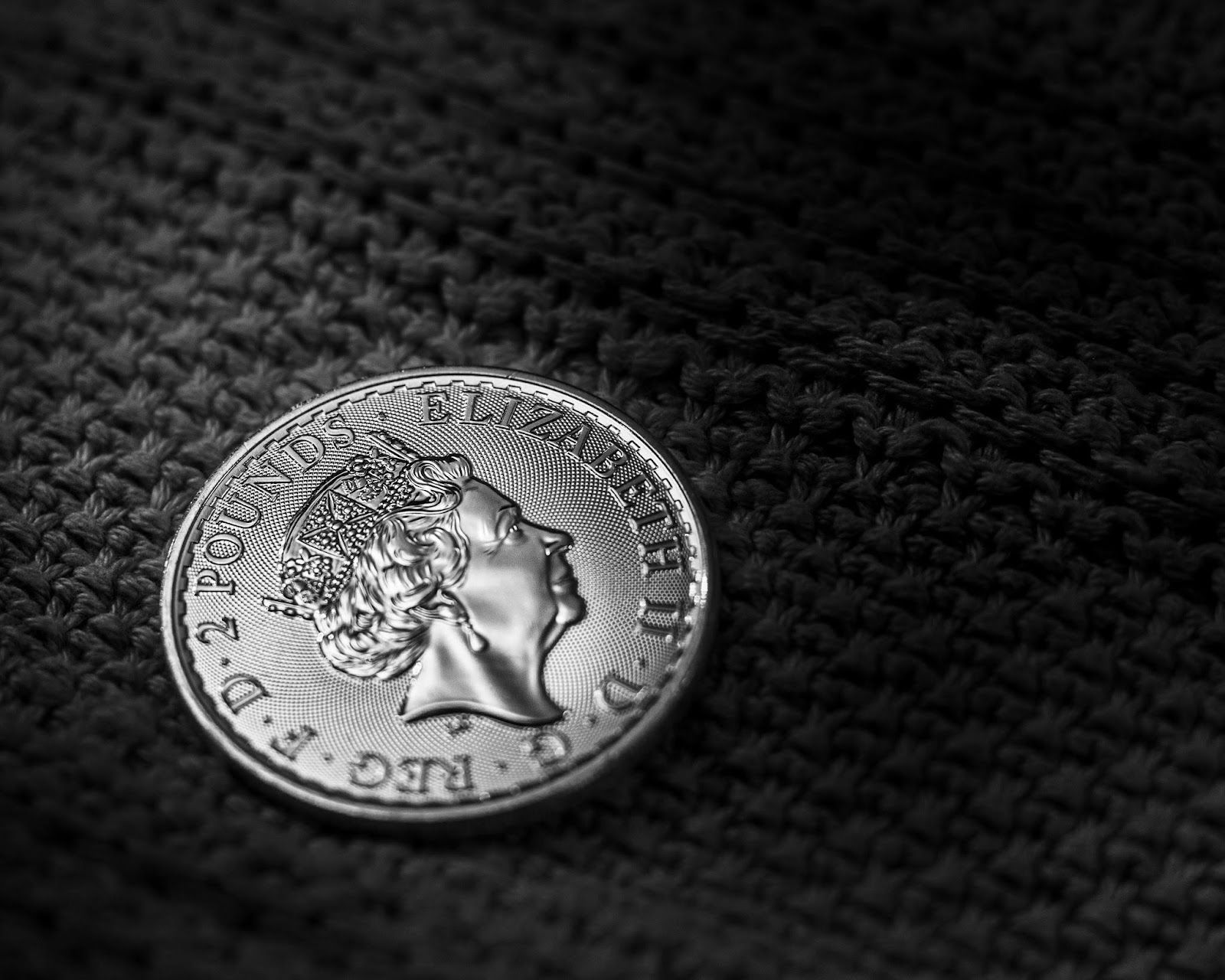What’s in a name?
What is a William? The etymology behind popular names
Published on May 27, 2025
 Credit: iam_os
Credit: iam_os
Do you have a popular name—or one that leaves people begging your pardon? Many of us carry our names proudly because of the meanings they’re associated with. But others have never explored the etymology of their names or the languages they originate from. Even more interesting, you might discover variations or nicknames you didn’t know were connected to your name. Let’s explore the etymology of some of the most popular first names.
William
 Credit: Max Muselmann
Credit: Max Muselmann
A name fit for kings, knights, poets, and at least four US presidents, William comes from the Old High German Wilhelm, meaning "strong-willed protector." The Normans brought it to England, and by the time William the Conqueror was finished in 1066, it was everywhere.
It later became a go-to name for historical heavyweights like Shakespeare. If you’re a Bill or a Will, you’ve got a name with serious staying power—it’s been among the top US names for over a century!
Jack
 Credit: Erik Mclean
Credit: Erik Mclean
Short, strong, and straight to the point—Jack is the name of heroes, rebels, and every third guy in fiction. Originally a nickname for John, it became a standalone name during the Middle Ages.
The name means "God is gracious," but let’s be honest: most Jacks are better known for their charisma. From Jack London to Jack Nicholson—not to mention Jack of all trades and Jack and Jill—it’s a name that never goes out of style.
Mary
 Credit: Jill Burrow
Credit: Jill Burrow
If names had a Mount Rushmore, Mary would be front and center. Derived from the Hebrew Miryam, its exact meaning is debated—some say "beloved," others "rebellious." Either way, it’s been a top-tier name for centuries.
The Virgin Mary gave it global recognition, and by the 19th century, nearly every other girl seemed to be named Mary—or a variation like the Spanish Maria or the French Marie.
James
 Credit: Alabaster Co
Credit: Alabaster Co
Derived from the Hebrew Ya'aqov (Jacob), James passed through Latin (Iacomus) before settling into English. It’s a name of kings, saints, and at least six US presidents. Jim, Jimmy, Jamie—take your pick!
While Jacob is the biblical troublemaker who wrestled an angel, James had a smoother journey. It became a classic name that feels both regal and approachable.
Robert
 Credit: Anoop Surendran
Credit: Anoop Surendran
If your name is Robert, congratulations—you’ve got one of the most enduring names in history.
Derived from the Old High German Hrodebert ("bright fame"), it stormed into England with the Normans and never left. Rob, Bob, Bobby—this name is nothing if not flexible.
Elizabeth
 Credit: merwak_ -
Credit: merwak_ -
A name with royal pedigree and serious staying power, Elizabeth comes from the Hebrew Elisheva, meaning "God is my oath." It’s been worn by queens, saints, and plenty of It Girls.
If Elizabeth feels too formal, don’t worry—there’s no shortage of nicknames: Liz, Lizzie, Beth, Betsy, Betty, Eliza, Liza, and even Buffy (yes, Buffy is short for Elizabeth!).
Michael
 Credit: Thomas Tucker
Credit: Thomas Tucker
An archangel, a basketball legend, and a rock star walk into a bar… and they’re all named Michael!
Stemming from the Hebrew Mikha'el, meaning "Who is like God?" (a rhetorical question, not a challenge), it’s been one of the most popular names in the US for decades.
Patricia
 Credit: Gia Oris
Credit: Gia Oris
Latin for "noble," Patricia began as the feminine version of Patrick but quickly took on a life of its own. It exploded in popularity in the mid-20th century, producing countless Pats, Pattys, Trishes, and Tricias.
Barbara
 Credit: Elena Mishlanova
Credit: Elena Mishlanova
Derived from the Greek barbaros ("foreigner" or "stranger"), Barbara was originally a name for outsiders. But by the 20th century, it had become widespread in America. The name took off in the 1920s and ruled the baby name charts through the ’50s.
It’s the name of Barbra Streisand, Barbara Walters, and even the Barbie doll!
Linda
 Credit: Brina Blum
Credit: Brina Blum
Fun fact: Linda wasn’t always a common first name! It comes from Spanish and German, meaning "pretty," but it didn’t take off in English until the 20th century. In fact, it skyrocketed to #1 in the US after the 1942 song "Linda" by Jack Lawrence melted hearts.
Joseph
 Credit: Nathan Dumlao
Credit: Nathan Dumlao
From the Hebrew Yosef ("he will add"), Joseph is a name with serious spiritual street cred. The name has remained wildly popular for centuries, thanks in part to figures like Joe DiMaggio, Joe Biden, and "Good Ol’ Joe" in just about every story ever told. Plus, it shortens nicely to the friendly "Joe."
Charles
 Credit: RDNE Stock project
Credit: RDNE Stock project
Sophisticated but not stuffy, Charles comes from the Germanic Karl, meaning "free man." Famous Charleses include Charles Dickens, Charles Darwin, and, of course, Prince Charles (now King Charles III). Surely you know some Charlie, Chuck, or even a Chaz.
Nancy
 Credit: Mick Haupt
Credit: Mick Haupt
It was originally a nickname for Anne, did you know? Nancy became its name in the 18th century and soared to popularity in the 20th century.
Meaning "grace," it peaked in the 1950s and ’60s, giving the world Nancy Sinatra (These Boots Are Made for Walkin’) and First Lady Nancy Reagan.
John
 Credit: Alabaster Co
Credit: Alabaster Co
Few names are as solid as John. Coming from the Hebrew Yochanan ("God is gracious"), it marched through Latin and Old French before landing in English. From John F. Kennedy to John Wayne, this name has a history of leading men.
It ruled the medieval world, with so many kings and popes named John that historians probably lost count.











